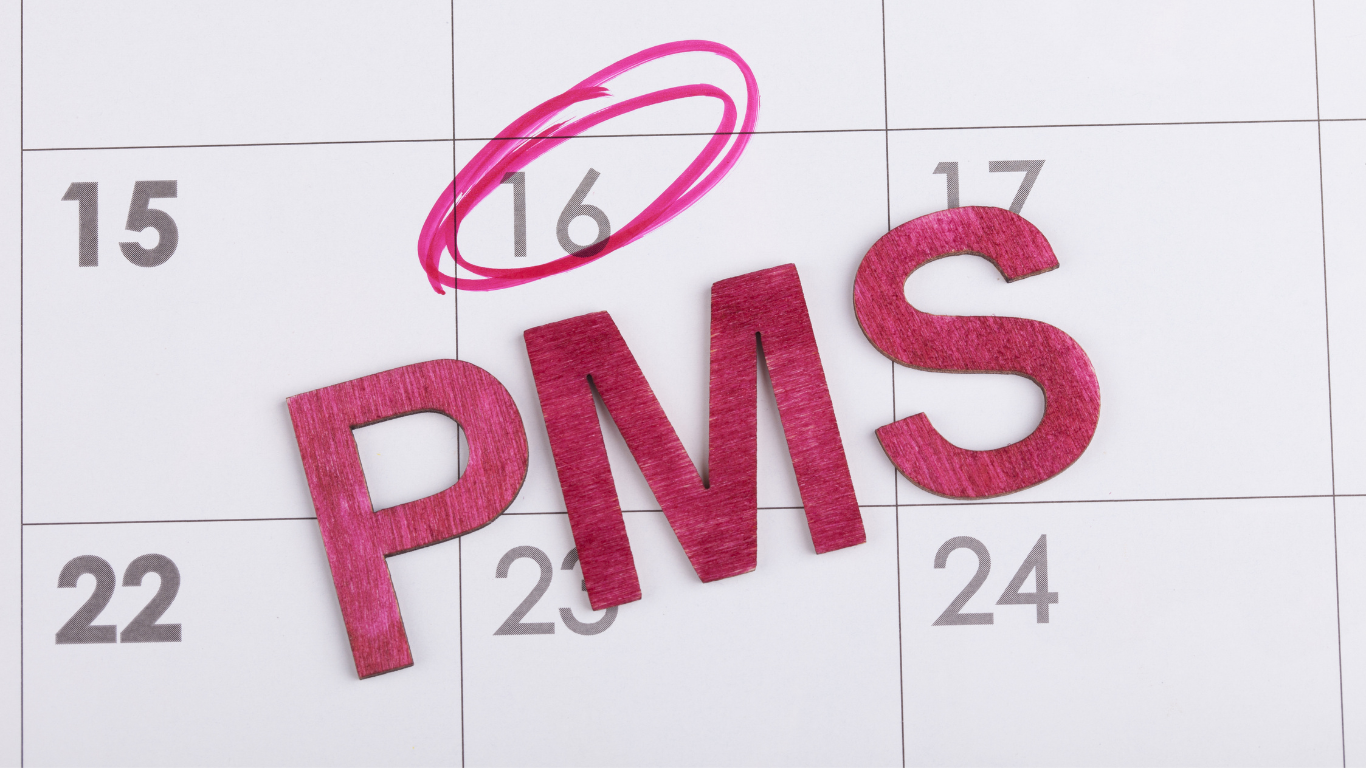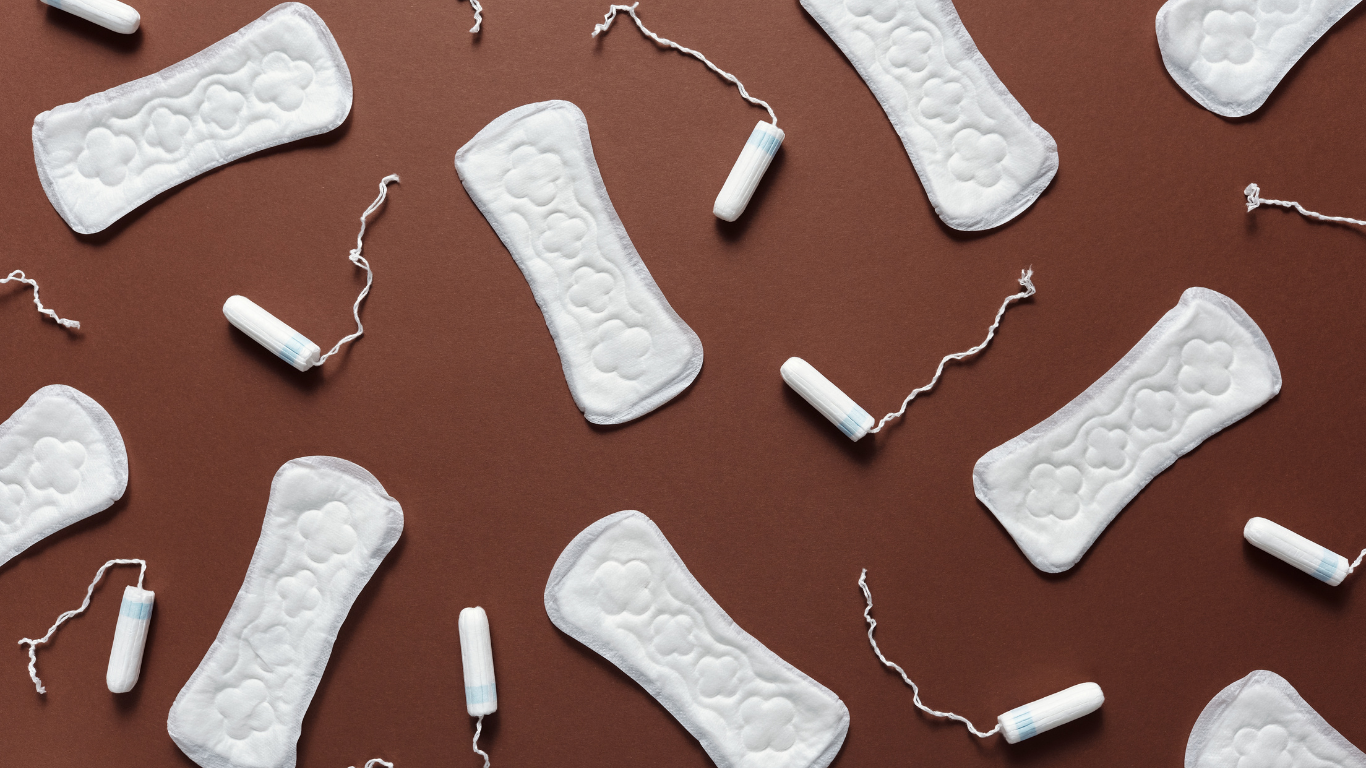
Egg freezing is becoming a popular option for women seeking to preserve their fertility, and optimising your body for the procedure can make a difference in the results. While many factors influence egg quality, nutrition plays a pivotal role that’s often overlooked. This guide will help you understand the ideal egg freezing diet and how to nourish your body to support optimal egg quality.
What is Egg freezing?
Egg freezing is a process that allows women to store their eggs for later use, giving them the chance to use younger, higher-quality eggs in the future. To begin, the procedure starts with hormone injections to stimulate the ovaries, encouraging them to produce multiple eggs. Next, these eggs are retrieved through a minimally invasive procedure, similar to the first stage of IVF. Once collected, the eggs are then rapidly frozen and stored in liquid nitrogen until they’re eventually needed for future fertility treatments like IVF
What is the best age to freeze eggs?
As women age, both the quality and quantity of their eggs decline. Research suggests that freezing eggs before age 36 can increase the likelihood of successful conception in the future. However, egg freezing can still be a viable option in one’s late thirties or even early forties if guided by ovarian reserve tests and a focus on maintaining egg quality.
The best diet for egg freezing
A pro-fertility diet emphasises essential nutrients that support hormone balance, egg quality, and reproductive health. Research indicates that this diet may improve IVF success rates, support ovulation health, and decrease the risk of pregnancy loss.
Here’s our top tips for how to create an egg freezing diet that supports your journey:
1. Protein-Rich Foods: Essential for egg health
Protein is vital for hormone production, which regulates the menstrual cycle and supports egg development, maturation and healthy ovulation. Some ideal sources include:
- Lean meats: Chicken, turkey, lean beef
- Fish: Salmon, cod, tuna
- Plant-based proteins: Lentils and beans
- Eggs: Surprisingly, eggs themselves are rich in nutrients beneficial for egg health!
2. Antioxidant-Rich Fruits and Vegetables: Protecting Egg Quality
Antioxidants help guard against oxidative stress, which can impair egg maturation and implantation.
- Berries: Blueberries, strawberries, and raspberries are great sources of polyphenols.
- Leafy greens: Spinach, kale, broccoli, and collard greens are a great source of the antioxidant folate
- Colorful vegetables: Bell peppers, carrots, and sweet potatoes contain vitamin C
Aim for 5+ portions of fruit and vegetables daily for a wide range of antioxidants.
3. Dairy: Nutrient rich
Nutrient-rich dairy foods, such as milk and yoghurt, may help to slow the natural decline of AMH (a marker of ovarian reserve), supporting ovarian reserve. Dairy is also rich in iodine and vitamin B12 which are crucial for reproductive function as well as DNA synthesis and cell division.
- Milk
- Yoghurt
4. Limit foods high in saturated fat and sugar
High intakes of saturated fats and added sugars are associated with elevated levels of oxidative stress in the body, leading to cellular damage and compromising the quality of eggs. By reducing intake of these foods, you could mitigate oxidative stress and promote better fertility outcomes.
- Minimise fatty cuts of meat, processed meats, sausages, cakes, pastries, ice cream, chocolate and biscuits
5. Omega-3 fatty acids
Omega 3 fatty acids play a crucial role in egg development and may benefit ovarian reserve, particularly in individuals over the age of 35. Aim for one to two portions of oily fish per week to optimise your omega-3 intake.
- Salmon
- Sardines
- Mackeral
Remember to pair your fertility diet with a prenatal vitamin to cover essentials like folate and vitamin D, which further support egg quality during egg-freezing prep.
For a more comprehensive approach, explore our How to Prepare for Egg Freezing Meal Plan & Guide. This guide covers the egg-freezing process and offers a step-by-step plan to support egg quality and ovarian reserve through diet, supplements, and lifestyle changes. It also includes a 2 week meal plan incorporating all of the essential fertility supporting nutrients you need.
Conclusion
While diet alone cannot guarantee egg-freezing success, a pro-fertility diet can enhance your overall reproductive health and egg quality. Adopting these healthy eating habits not only benefits you during the weeks leading up to the procedure but also contributes to long-term reproductive wellness.
Freezing your eggs is an empowering step toward your future. By prioritising the right foods, and optimising your egg freezing diet you’re setting yourself up for the best possible outcome. Remember, always consult with your healthcare provider or a fertility dietitian to personalise your approach.
Here’s to a healthy, well-nourished future and your family plans ahead!
Last reviewed: July 2025
This article was written by the Fertility Dietitian UK content team and reviewed by Ro Huntriss MSc RD, Consultant Dietitian and Founder of Fertility Dietitian UK.



